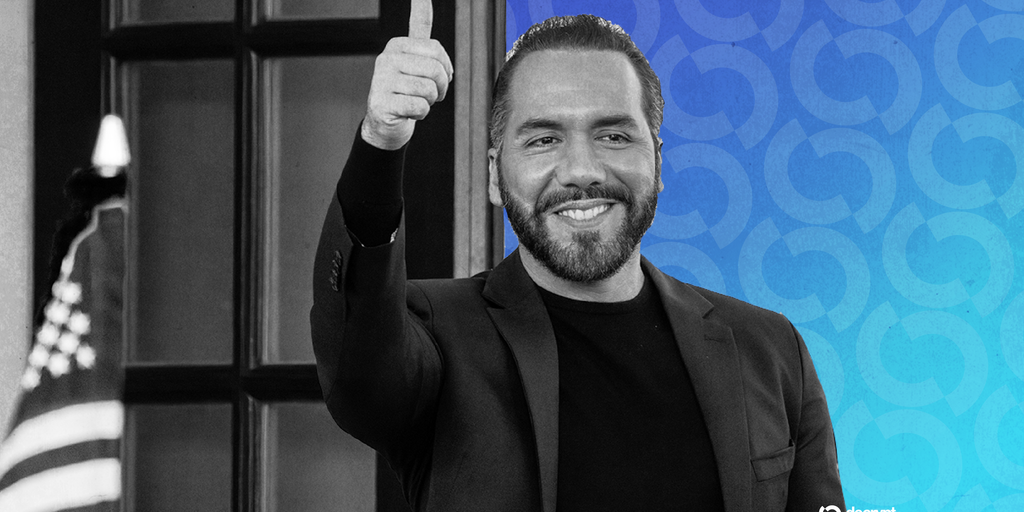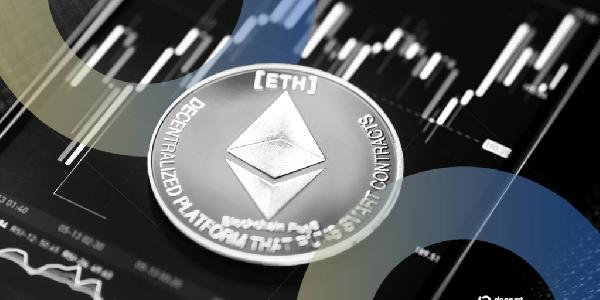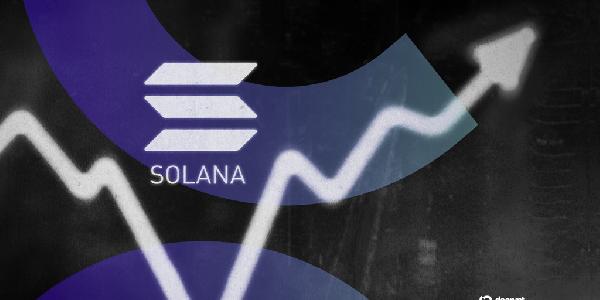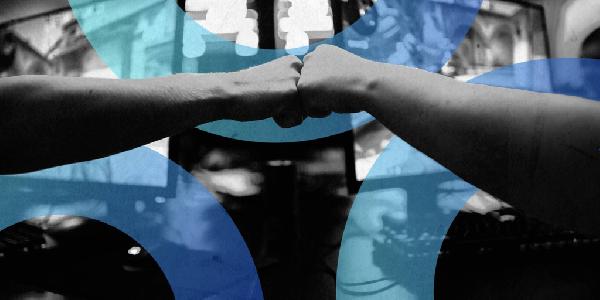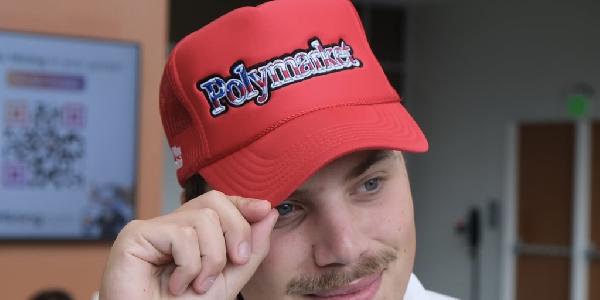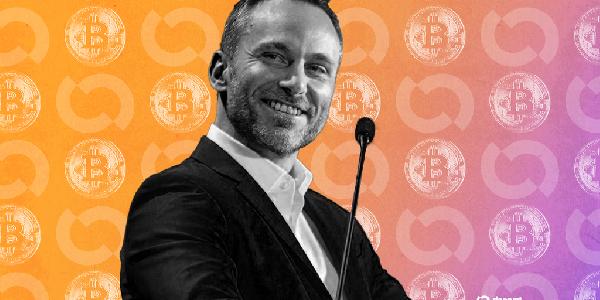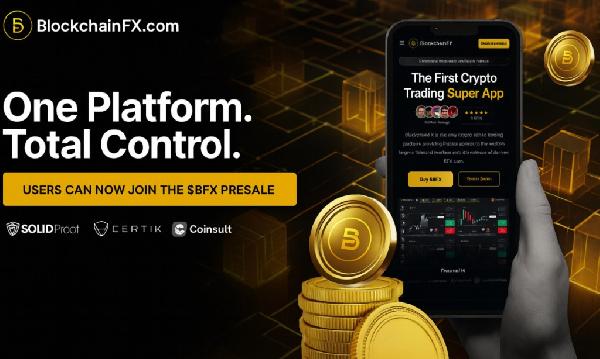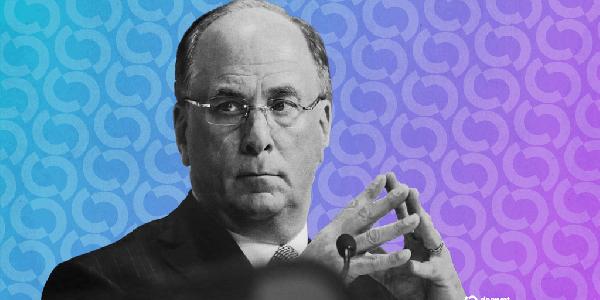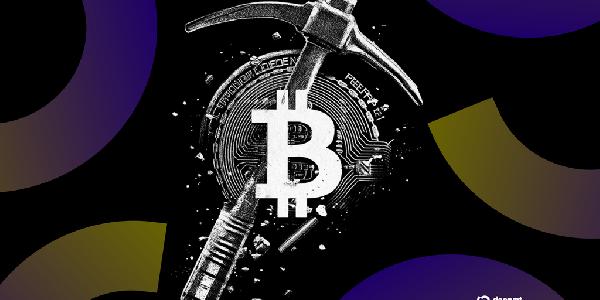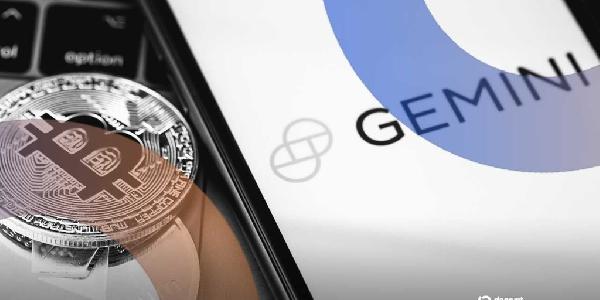Bitcoin advocates around the world are enamored with the economic policies of El Salvador‘s president, Nayib Bukele, and his embrace of the digital asset. But when looking at his government‘s crypto buys, something doesn‘t quite add up.
Back in 2022, the millennial leader said he‘d buy one Bitcoin per day. At today‘s prices, that‘s over $114,000 in so-called digital gold every 24 hours.
Sometimes, Bukele says he buys even more: The leader over the weekend announced he‘d bought 21 BTC to celebrate the fourth anniversary of El Salvador‘s Bitcoin Law. That‘s another $2.3 million worth of Bitcoin he said he put in the government‘s new, transparent blockchain coffers, which now hold over $700 million in BTC.
But the IMF says otherwise. Under a deal to get a development grant with the International Monetary Fund, the country was forced to scale back its Bitcoin experiment in December 2024. The IMF now says the Bitcoin buy announcements are all bunk.
"We can confirm that the total amount of government-owned Bitcoin has not increased and that the increase in the Bitcoin Reserve Fund corresponds to movements across government wallets," IMF Communications Officer Meera Louis told Decrypt in an email.
The institution wouldn‘t answer further questions.
So, if the IMF says President Bukele isn‘t buying more Bitcoin, why is he regularly announcing new buys? And how is El Salvador continuing to add to its Bitcoin Reserve at a rate of 1 BTC per day, as blockchain data shows?
The Salvadoran government‘s communications department told Decrypt that the president is, indeed, still buying Bitcoin, but wouldn‘t reply to additional questions.
Blockchain data shows El Salvador‘s Bitcoin wallets, grouped together and tracked by analytics firm Arkham, are growing by 1 Bitcoin per day, with deposits from cryptocurrency exchanges like Binance and Bitfinex—and a few other random addresses in the mix.
The buys are new then? Maybe—but maybe not.
Before the Bukele Administration announced government wallets for everyone to see, there was little transparency in regard to the buys. The purchases were only traceable via Bukele‘s tweets and even then, he would irreverently boast about his buys—even saying he‘d bought BTC on his phone "while in the toilet."
It‘s possible the Salvadoran president‘s previous buys, or other procurement of Bitcoin through taxes or payments made to state-run entities prior to the recent agreement with the IMF, are currently funding transfers to the Bitcoin Reserve.
Crypto analytics firm Bubblemaps told Decrypt there‘s no way to know for certain based on public blockchain data when the Bitcoin being transferred today was actually purchased. It‘s possible the Bitcoin was gained some time ago, before the agreement with the IMF in late 2024, and the BTC sat dormant in a crypto exchange account before arriving to publicly disclosed wallets.
Bubblemaps also said the recent government transactions could have been routed through exchanges, making it look like they were indeed fresh purchases. An analyst for the firm said it‘s impossible to know for sure since third parties cannot access an exchange‘s ledger of transactions without the exchange releasing the data themselves.
James Bosworth, founder and CEO of Washington D.C.-based risk analysis consultancy Hxagon, told Decrypt that whether or not the Bitcoin buys are new, there should have been more transparency with the buys from the outset.
"There are good reasons to believe that he is not purchasing all of it on the open market, instead moving funds and coins around as a type of government-backed wash trade," he said.
He added: "Bukele‘s unprofessional management of cryptocurrency continues to obscure the budget situation. This should be the Salvadoran government‘s and people‘s resources, not the president‘s personal wallets that he can play trading games with."
The crypto exchanges El Salvador has used—Binance, Bitfinex, and Coinbase—declined to answer Decrypt‘s questions.
Loved by libertarians for being an anti-establishment maverick who‘d insult institutions on social media, Bukele had to scrap some of his beloved Bitcoin experiment to get a $1.4 billion extended fund facility from the IMF.
Still, he claims he‘s doing what he wants, and in defiance of the IMF. "No, it‘s not stopping," Bukele said on X in March, regarding the government‘s Bitcoin buys.
"If it didn‘t stop when the world ostracized us and most ‘Bitcoiners‘ abandoned us, it won‘t stop now, and it won‘t stop in the future."
Your Email
